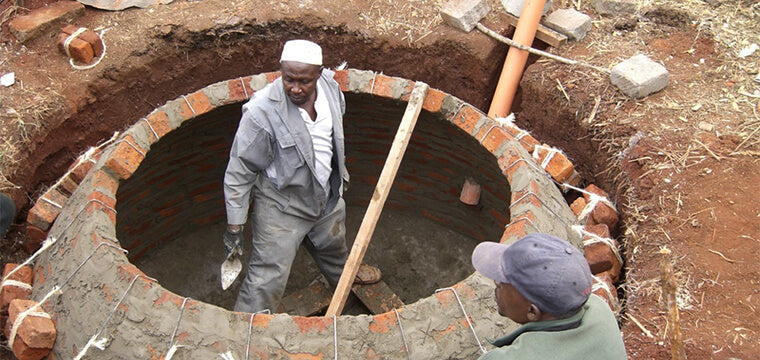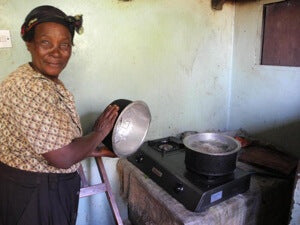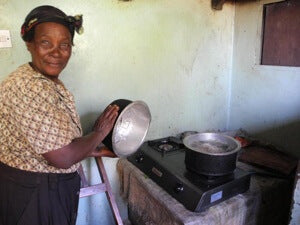Day 4
35 kg CO2 savings through small biogas plants in Kenya
 Smart investments
Smart investments


against climate change

need
Sustainable energy supply for the Kenyan rural population
activity
The construction of small biogas plants is financed
Measurable performance
Number of biogas plants built
Result
'- hectares of deforestation avoided, - CO2 savings through biogas plant per year and financial savings for families.Hectares of deforestation avoided, - CO2 savings through biogas plant per year and financial savings for families
Systemically relevant impact
Successful technology transfer and institutionalization of sustainable energy sources
background


The good deed
AboutKenya
Nairobi
Capital city

44,354,000 (2013)
Population
44,354,000 (2013)
Gross domestic product
per capita per year
145
Human Development Index
(Human Development Index)



